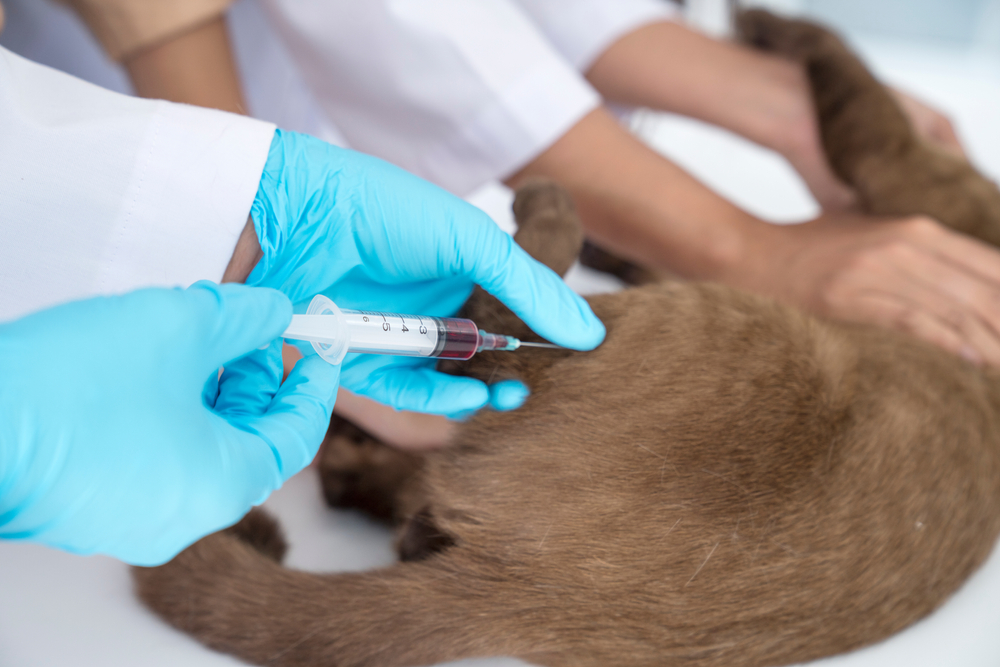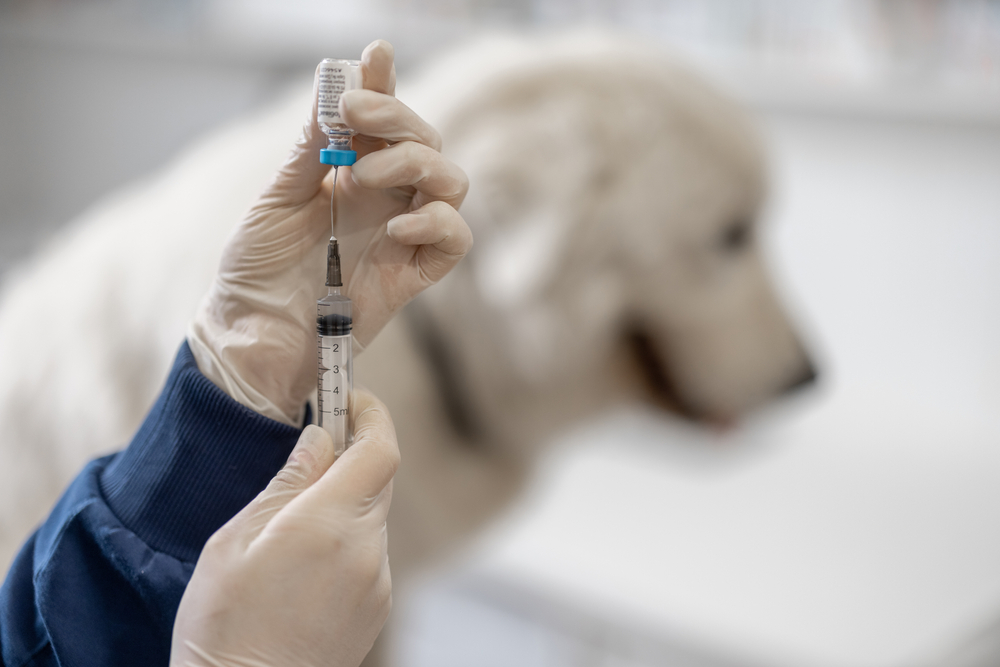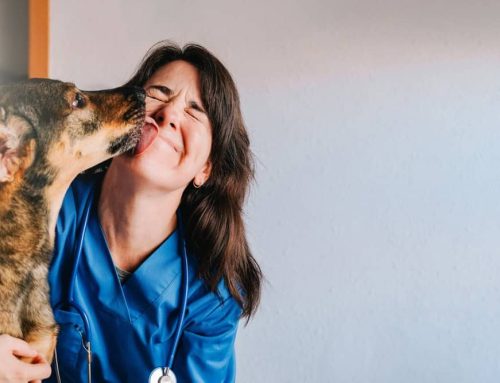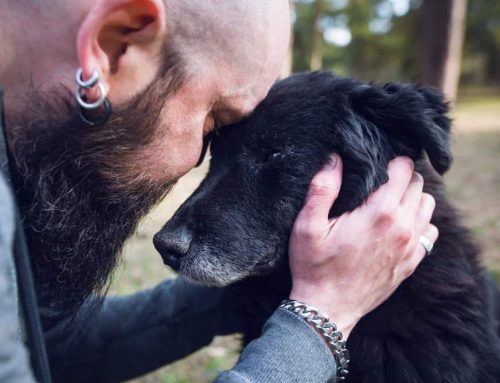Vaccinations are a cornerstone of your pet’s preventive care and provide essential protection against infectious diseases. However, vaccination is a hotly debated topic among pet owners, and plotting your own course can be challenging. To help you make decisions about your pet’s vaccinations, our Advanced Veterinary Care of Pasco team shares our in-depth guide that answers frequently asked questions about pet vaccinations.
Question: How do vaccines protect my pet?
Answer: A vaccine is essentially a modified disease-causing microorganism that safely triggers an immune response. When the vaccine is administered, the pet’s immune system creates antibodies that defend against the pathogen in the vaccine and develops a blueprint of defense against future infections. If your pet is exposed to the real disease, their immune system is prepared to fight off the infection or reduce its severity.
Q: What is the difference between core and noncore vaccines?
A: When we formulate your pet’s appropriate vaccination protocol, we consider core and noncore vaccines. Core vaccines are considered essential for all pets because of potential exposure risk or disease severity, or because the disease can be transmitted to people. Noncore vaccines are those that not all pets require and are administered based on lifestyle and exposure risk.
Q: What vaccines are available for dogs?
A: Vaccines for canine parvovirus, distemper, adenovirus, and rabies are considered core vaccines. They protect against potentially fatal viruses that attack the gastrointestinal (GI) tract, bone marrow, liver, kidneys, spleen, eyes, respiratory system, and nervous system—essentially, every part of your dog.
Noncore vaccines include Bordetella bronchiseptica (i.e., kennel cough), canine influenza, Borrelia burgdorferi (i.e., Lyme disease), and Leptospira spp. (i.e., leptospirosis) bacteria. Leptospirosis is becoming more widespread among dogs living in urban areas because of lepto-carrying rodents, and the vaccine is now reaching core status in many parts of the country.
Q: What vaccines are available for cats?
A: Vaccines for panleukopenia, feline calicivirus, feline herpesvirus type 1 (i.e., rhinotracheitis), and rabies are considered core cat vaccines. These infections can cause debilitating respiratory disease that leads to GI disease and fatal neurological disease, and cats can become lifelong carriers.
The feline leukemia virus (FeLV) vaccine is considered core or noncore, with the vaccine classified as core for cats younger than 12 months and noncore for cats older than 12 months. Other noncore vaccines for cats include B. bronchiseptica and chlamydia.
Q: Does my pet need to be vaccinated?
A: All pets should be vaccinated, although the frequency differs from pet to pet. Vaccinations protect your pet not only against serious, potentially fatal diseases, but also from other community pets, animals, and people.
Q: How often should my pet be vaccinated?
A: In general, puppies and kittens require more frequent vaccinations than adult and senior pets to build their immunity early against infectious diseases. Young pets are initially protected by antibodies they receive from their mother, but these antibodies wane, necessitating vaccination at regular intervals. Puppies and kittens typically receive their first vaccinations between 6 and 8 weeks of age and then boosters every three to four weeks until they reach 16 weeks.
Once a pet has received their initial vaccination series, they need certain vaccines annually and others every three years.
Q: Can vaccinations cause side effects for my pet?
A: Most pets show no ill effects after vaccination. Mild reactions may include injection site soreness, generally feeling under the weather, not wanting to eat much dinner, or lack of interest in their usual activities.
Pets who react more seriously may develop vomiting, diarrhea, facial swelling, and difficulty breathing. If your pet exhibits a worrisome vaccine reaction, contact our Advanced Veterinary Care of Pasco team immediately.
Q: Are there alternatives to vaccinating my pet?

A: In some cases, your pet may not need vaccinations after their initial series, and antibody titers can be performed instead. Titers involve assessing blood samples to evaluate your pet’s protection against infectious diseases, and whether vaccination boosters to bolster their immunity are required. Antibody titers are an excellent solution for pets who react to vaccines.
Many decisions must be made regarding your pet’s health, so rely on our Advanced Veterinary Care of Pasco team to guide you in your choices. Give us a call to schedule your pet’s wellness visit and to discuss vaccination options.








Leave A Comment